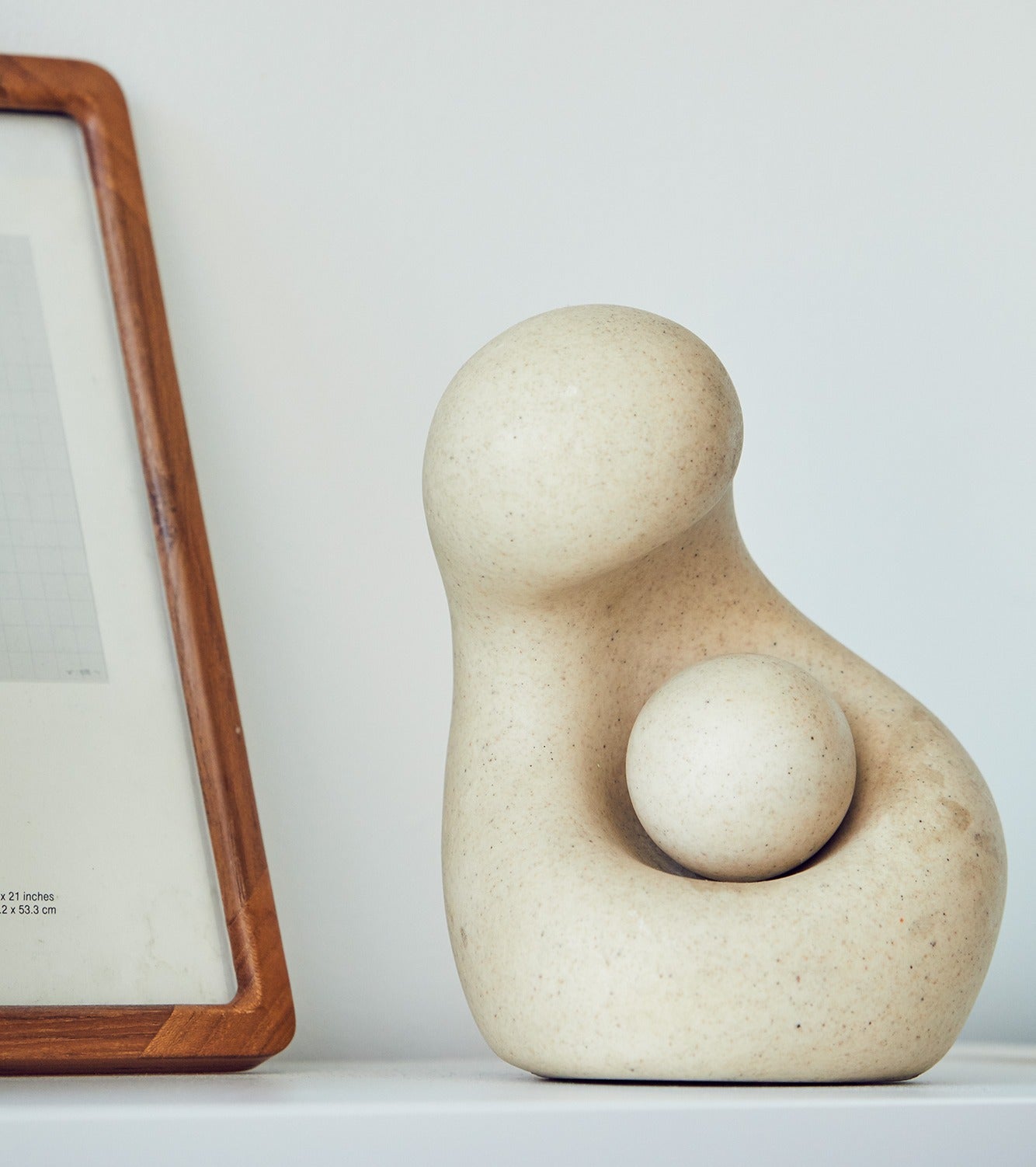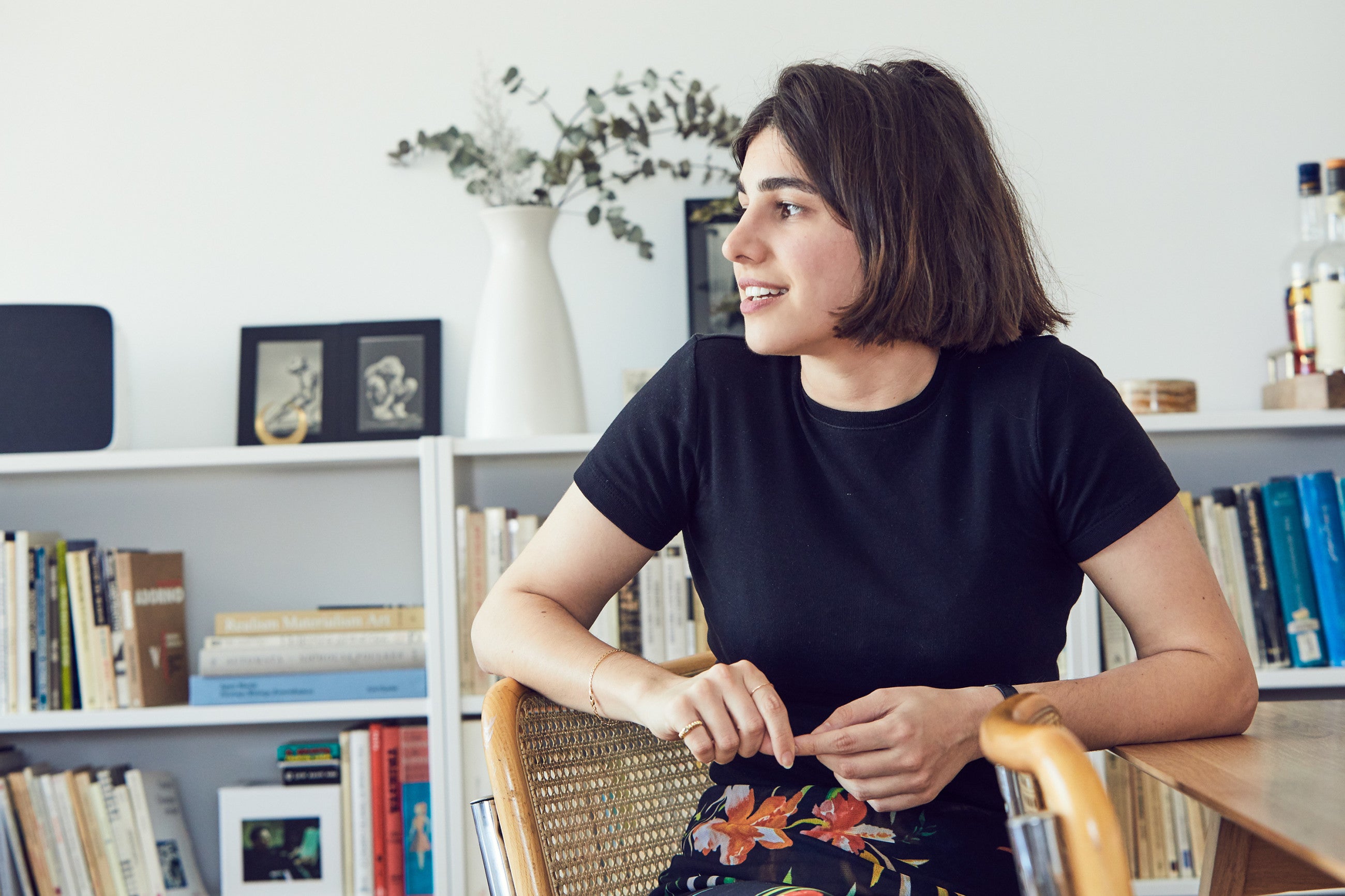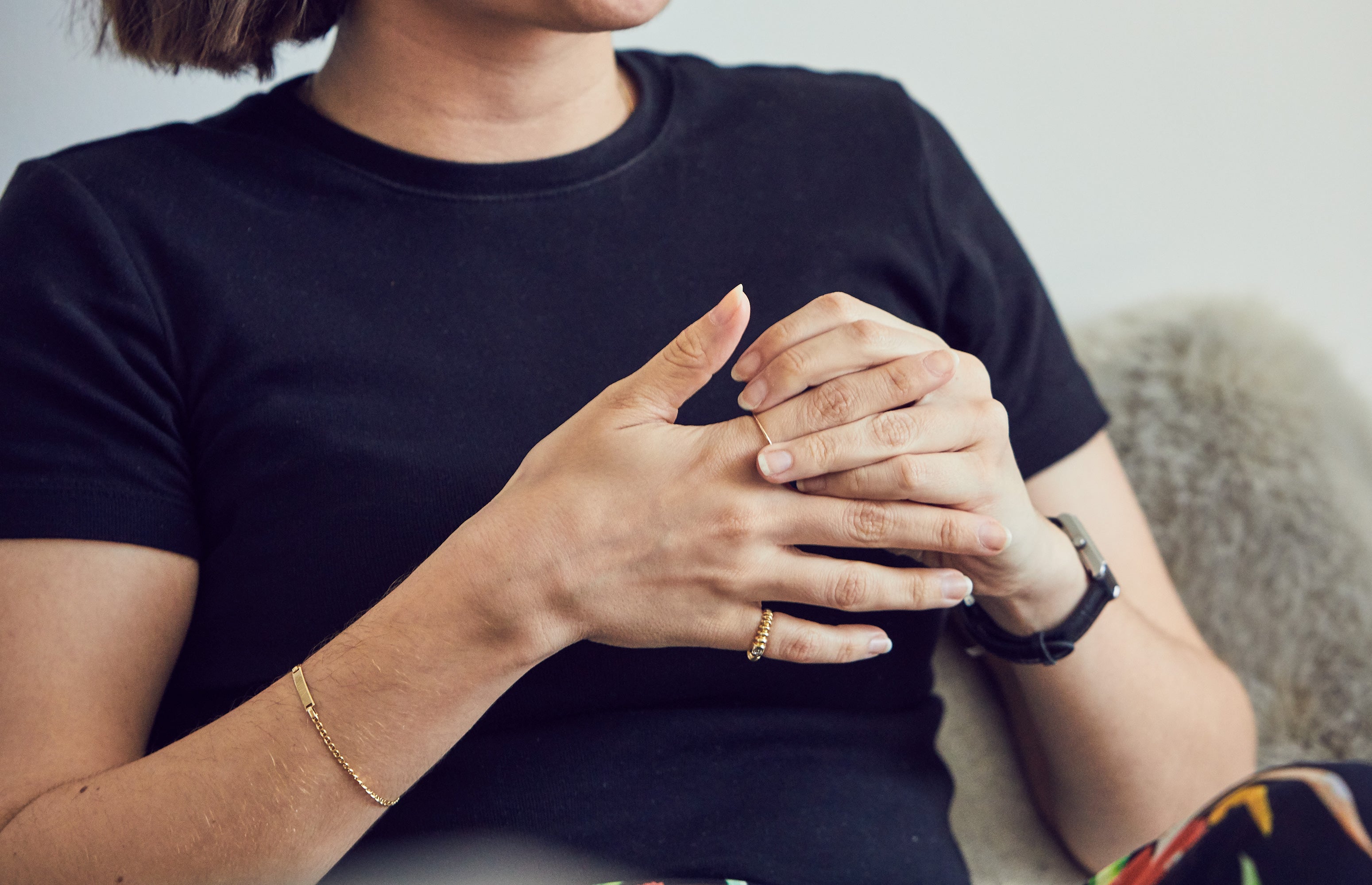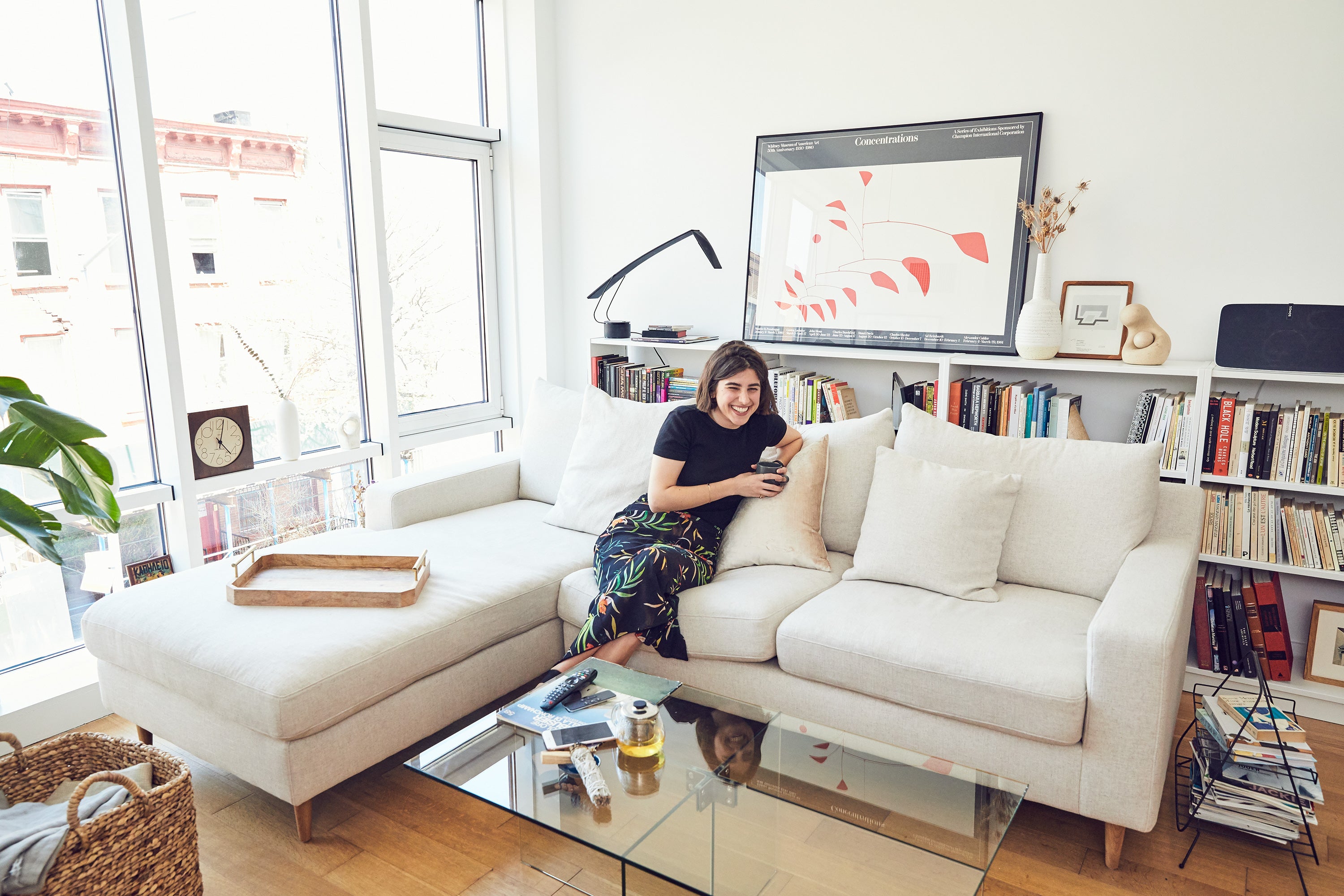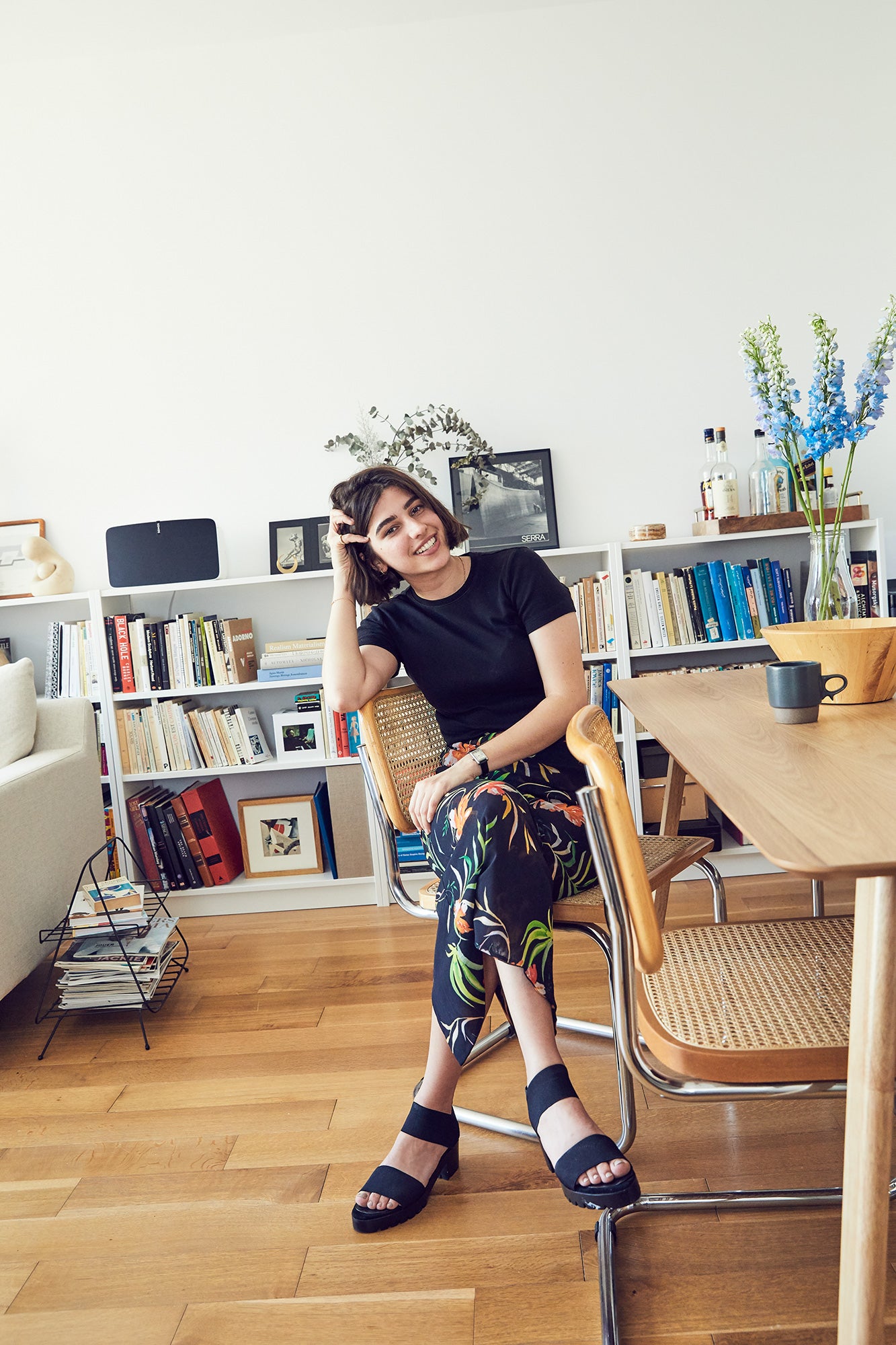
The Passerbuys founder on growing up in Dubai, interviewing strangers, and the shared struggles of women.
AS TOLD TO GOSSAMER
I’m from Nice, but I only lived there for six years before we moved to Dubai. This was 1995 and there was absolutely nothing there — no skyscrapers, just desert. I think there were 500 French people in Dubai at the time.
My grandfather is a baker and he invented some kind of frozen bakery goods equipment. I’m not really sure what, exactly, but apparently it was some sort of process that was innovative, as he says. My dad continued with that and did import and export in the Middle East.
I went to a lycee—a French school—in Dubai and took Spanish and seven years of Arabic, but I can’t speak Spanish and the only thing I can say in Arabic is “I speak Arabic.” That’s it. I’m half-Persian on my mom’s side, so I speak Farsi, but English is my second language. I have an American accent because I was obsessed with American culture, watching Golden Girls, Friends, Seinfeld — you name it.

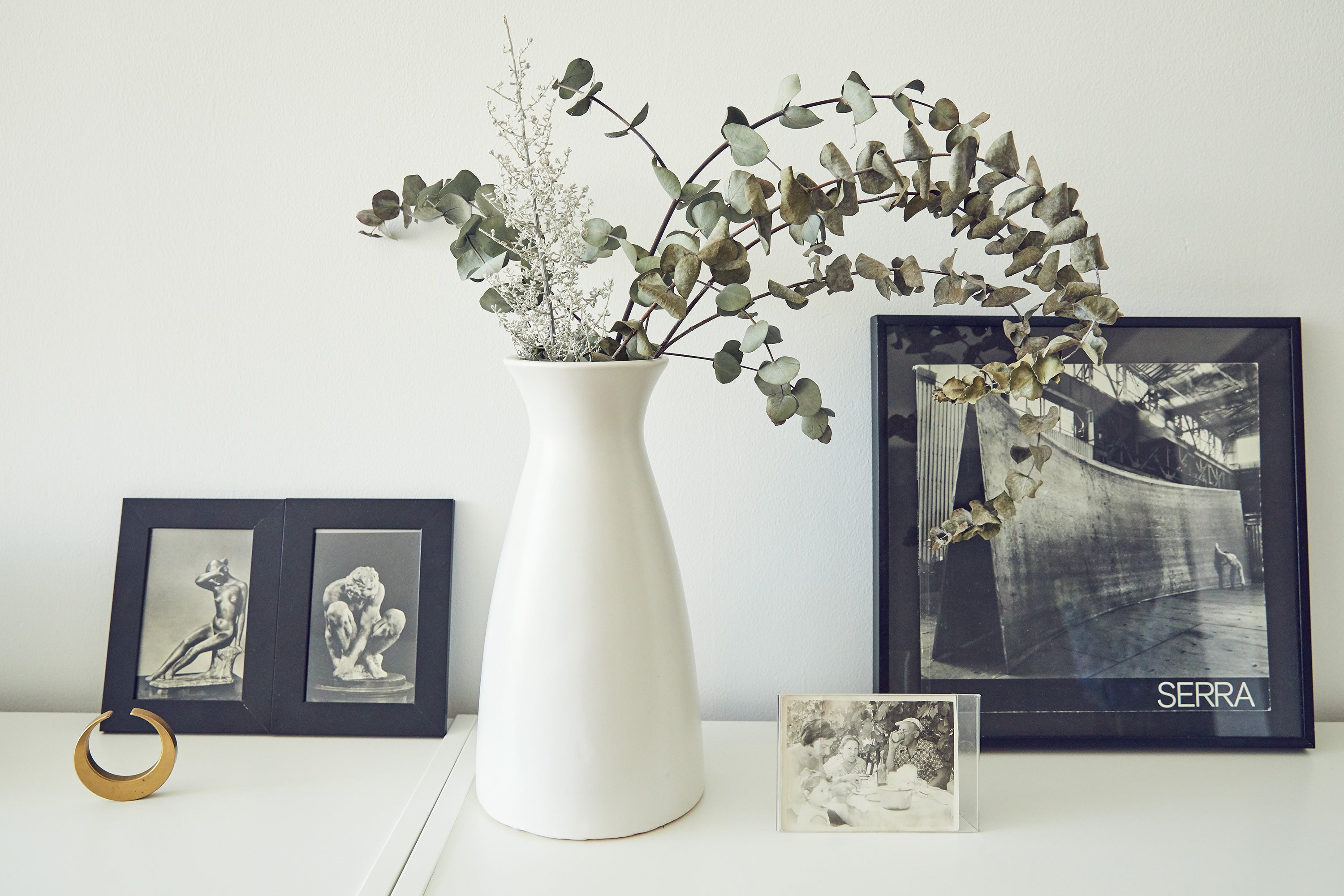
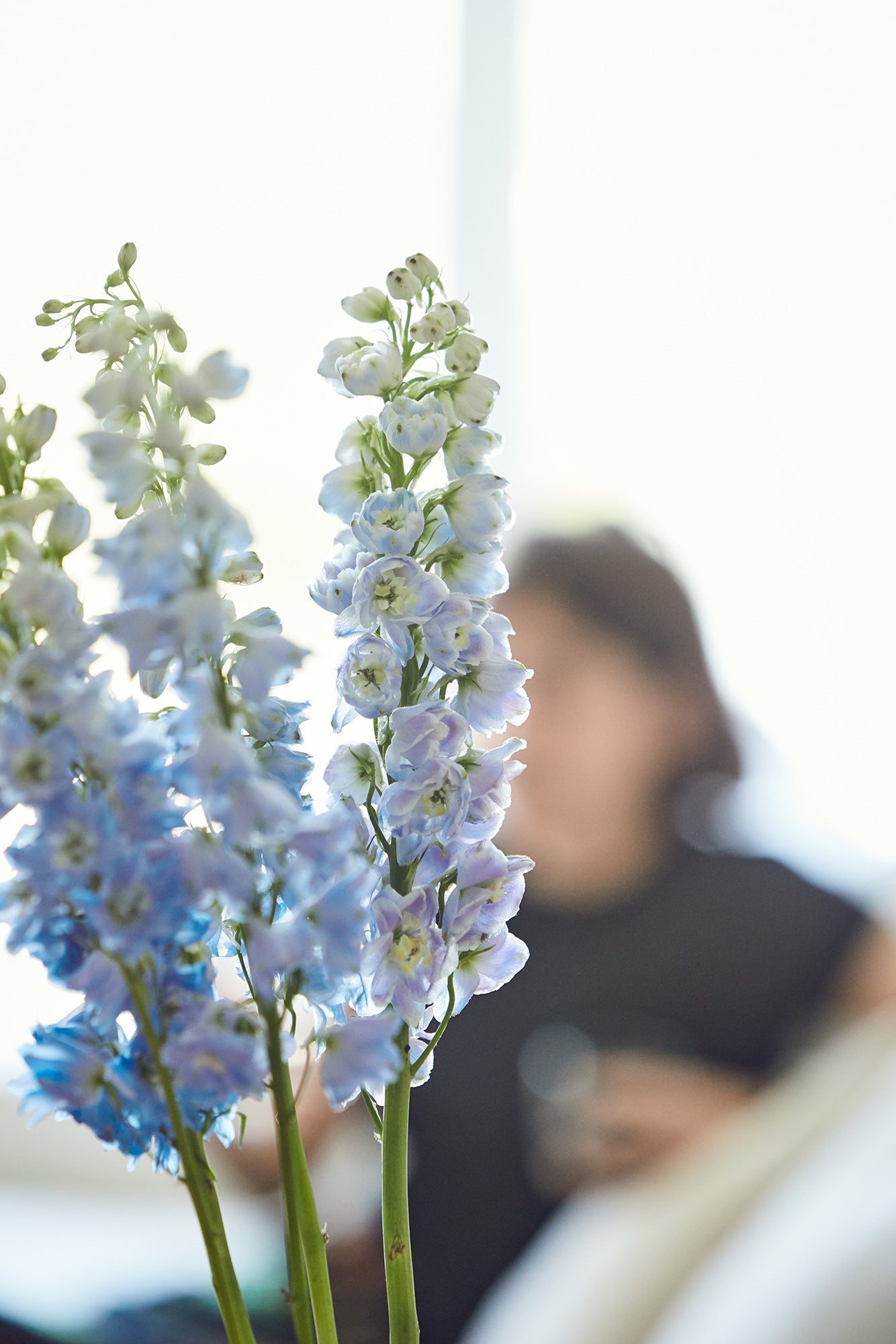
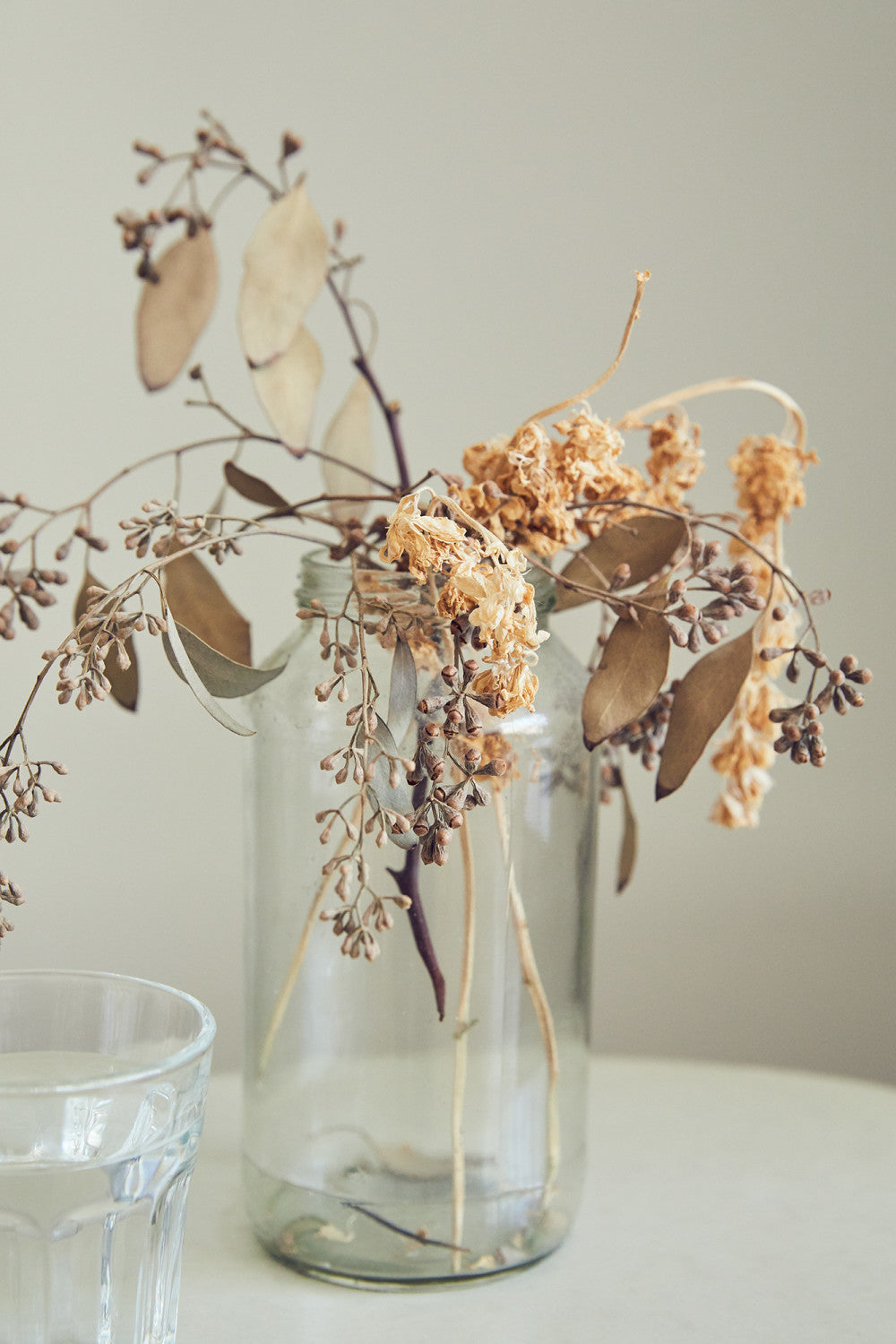
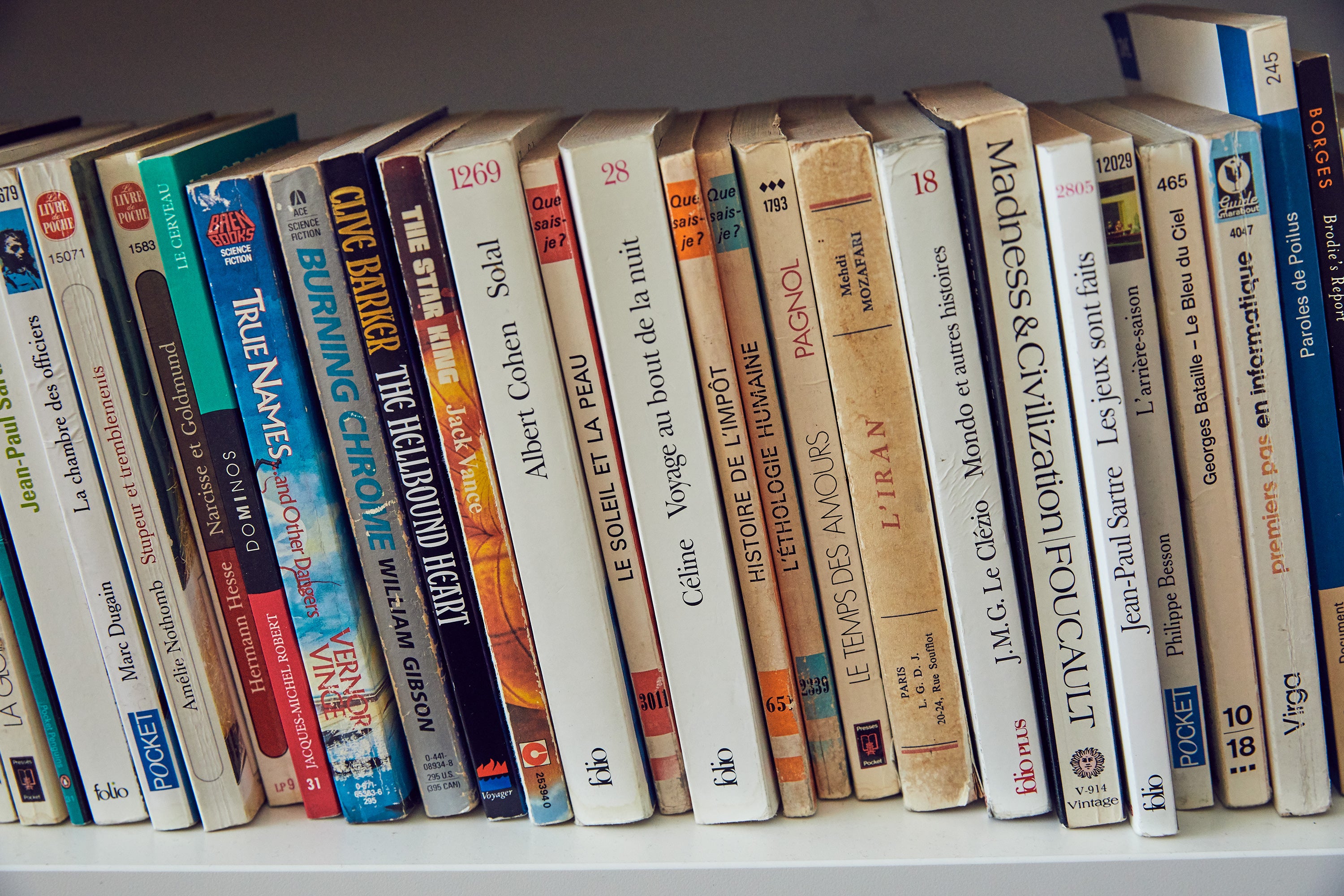
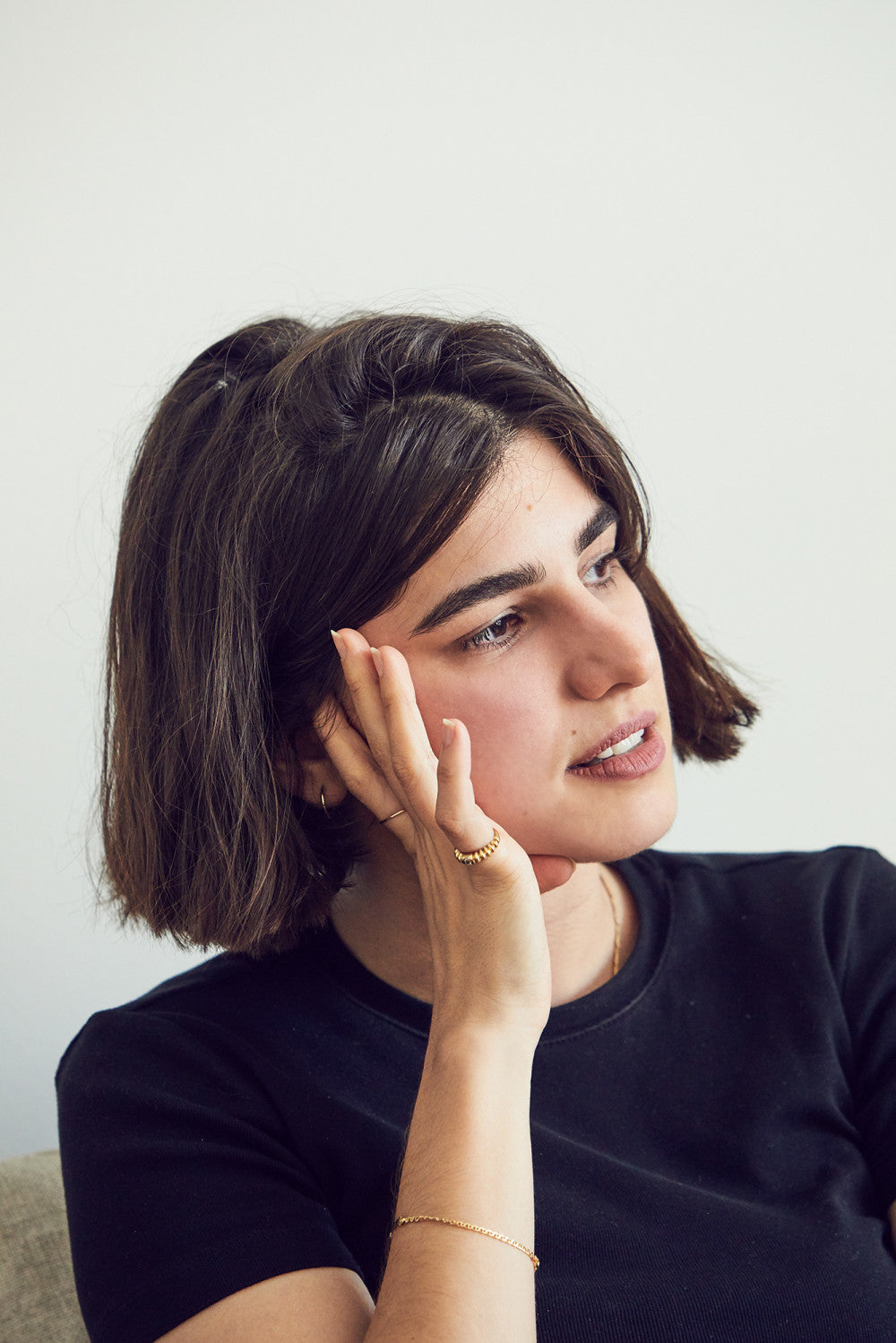
I wanted to bring a more authentic perspective to recommendations.
